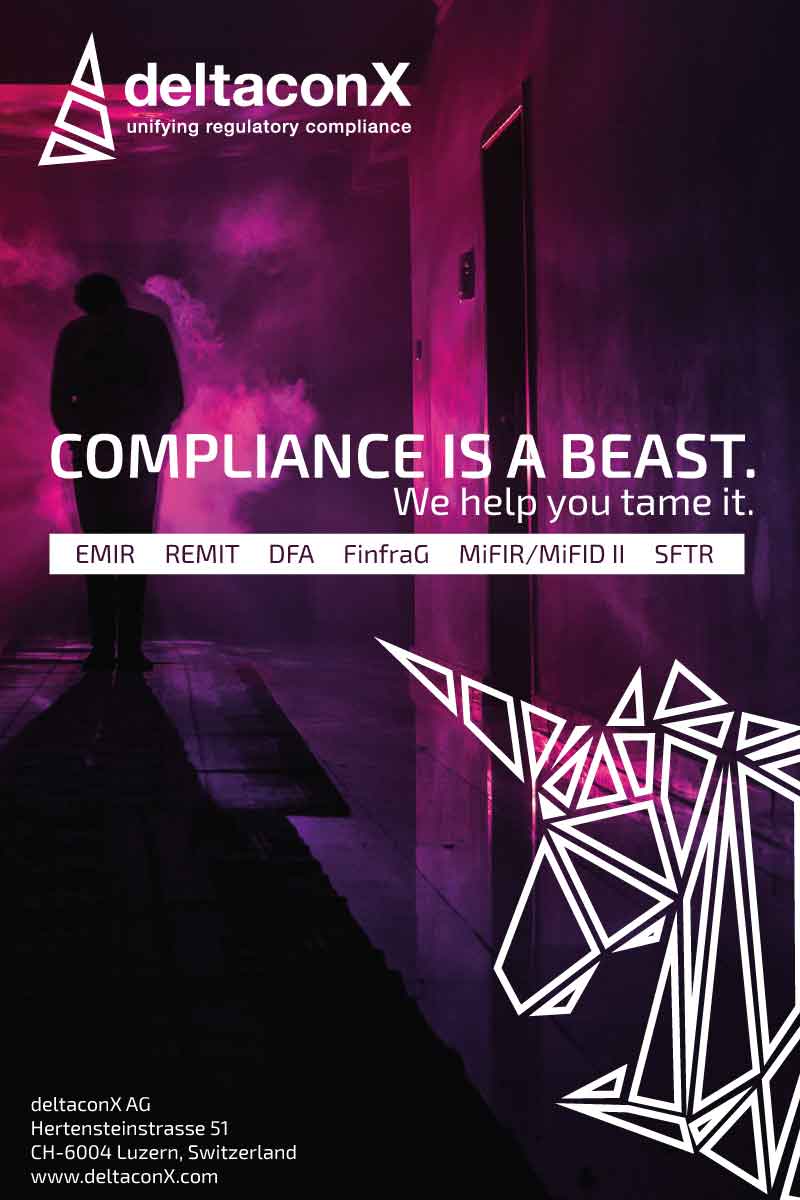Position-level data is the goal, says BNY Mellon
19 January 2016 London
 Image: Shutterstock
Image: Shutterstock
Position-level information for all asset classes should be considered the gold standard in enterprise risk analysis, according to a BNY Mellon whitepaper.
The paper, Considering the Alternatives: A Practical Look at Enterprise Risk Analysis and Alternative Investments, explores the impact of incorporating illiquid or non-transparent investments into enterprise risk analysis.
It looks at how different approaches to data management can affect the resulting analysis, the associated benefits and issues, and offers solutions.
Enterprise risk analysis, including stress testing and scenario assessment, has become increasingly popular with institutional investors, according to BNY Mellon.
Different approaches to data management can lead to different potential conclusions about the risks within an investment portfolio.
The most granular detail available should be used to evaluate investment risks. Obtaining position-level information for all asset classes should be considered the gold standard.
Investors should consider hedge fund structures that can provide position-level transparency, liquidity and control. Dedicated managed accounts and liquid alternative funds are increasingly popular structures that offer such features.
Volatility-based measures such as value-at-risk (VaR) should be evaluated as just one element of a broader risk management framework that considers other factors, including exposure. VaR should be considered for portfolios relative to the total composite, as a benchmark, or over time, rather than as an absolute value.
Many firms are also establishing a chief risk officer function to supplement their risk management responsibilities. The new role requires a significant amount of data to allow investment risks to be evaluated across all asset classes, according to the paper.
“With a sharper focus on risk by regulators and other stakeholders, many institutional investors seek a fuller picture of how risk operates across investments within an entire portfolio,” said Frances Barney, head of consulting in the Americas for global risk solutions at BNY Mellon.
“Data is getting more and more critical and investors need to be informed and comfortable with the assumptions of their risk assessment, otherwise, they can come out of it with a false sense of security about their portfolio.”
The paper, Considering the Alternatives: A Practical Look at Enterprise Risk Analysis and Alternative Investments, explores the impact of incorporating illiquid or non-transparent investments into enterprise risk analysis.
It looks at how different approaches to data management can affect the resulting analysis, the associated benefits and issues, and offers solutions.
Enterprise risk analysis, including stress testing and scenario assessment, has become increasingly popular with institutional investors, according to BNY Mellon.
Different approaches to data management can lead to different potential conclusions about the risks within an investment portfolio.
The most granular detail available should be used to evaluate investment risks. Obtaining position-level information for all asset classes should be considered the gold standard.
Investors should consider hedge fund structures that can provide position-level transparency, liquidity and control. Dedicated managed accounts and liquid alternative funds are increasingly popular structures that offer such features.
Volatility-based measures such as value-at-risk (VaR) should be evaluated as just one element of a broader risk management framework that considers other factors, including exposure. VaR should be considered for portfolios relative to the total composite, as a benchmark, or over time, rather than as an absolute value.
Many firms are also establishing a chief risk officer function to supplement their risk management responsibilities. The new role requires a significant amount of data to allow investment risks to be evaluated across all asset classes, according to the paper.
“With a sharper focus on risk by regulators and other stakeholders, many institutional investors seek a fuller picture of how risk operates across investments within an entire portfolio,” said Frances Barney, head of consulting in the Americas for global risk solutions at BNY Mellon.
“Data is getting more and more critical and investors need to be informed and comfortable with the assumptions of their risk assessment, otherwise, they can come out of it with a false sense of security about their portfolio.”
NO FEE, NO RISK
100% ON RETURNS If you invest in only one asset servicing news source this year, make sure it is your free subscription to Asset Servicing Times
100% ON RETURNS If you invest in only one asset servicing news source this year, make sure it is your free subscription to Asset Servicing Times



